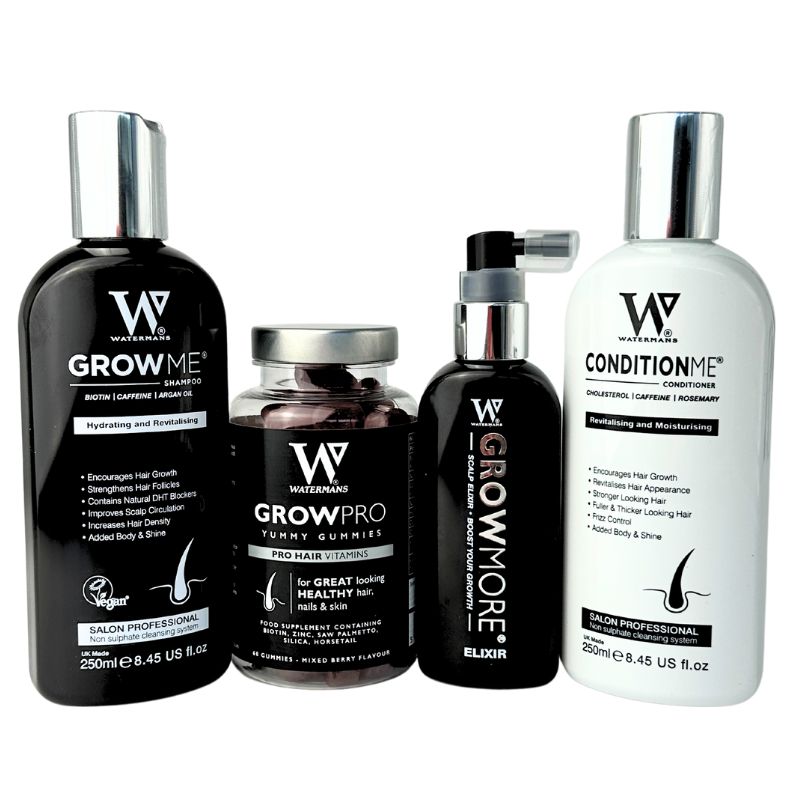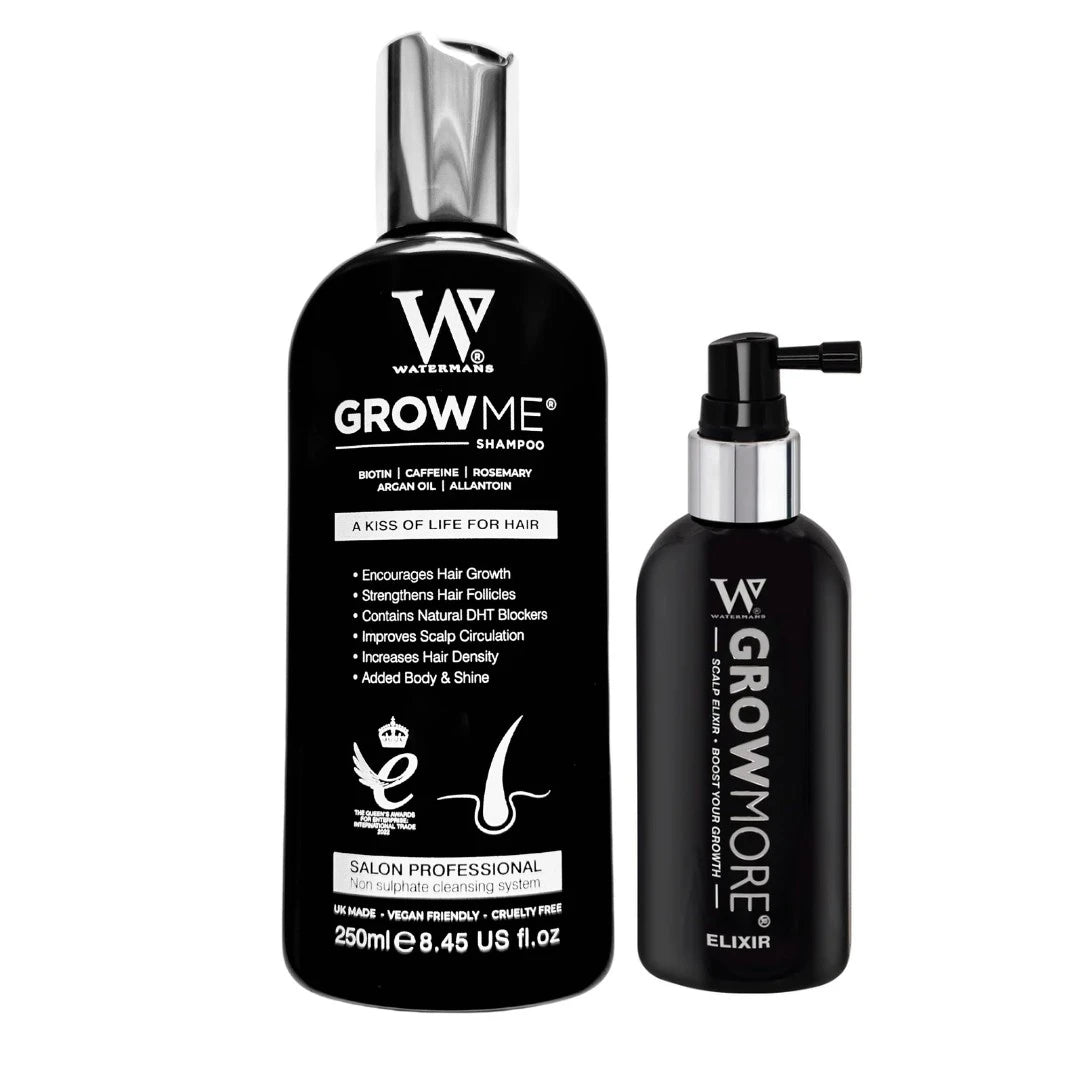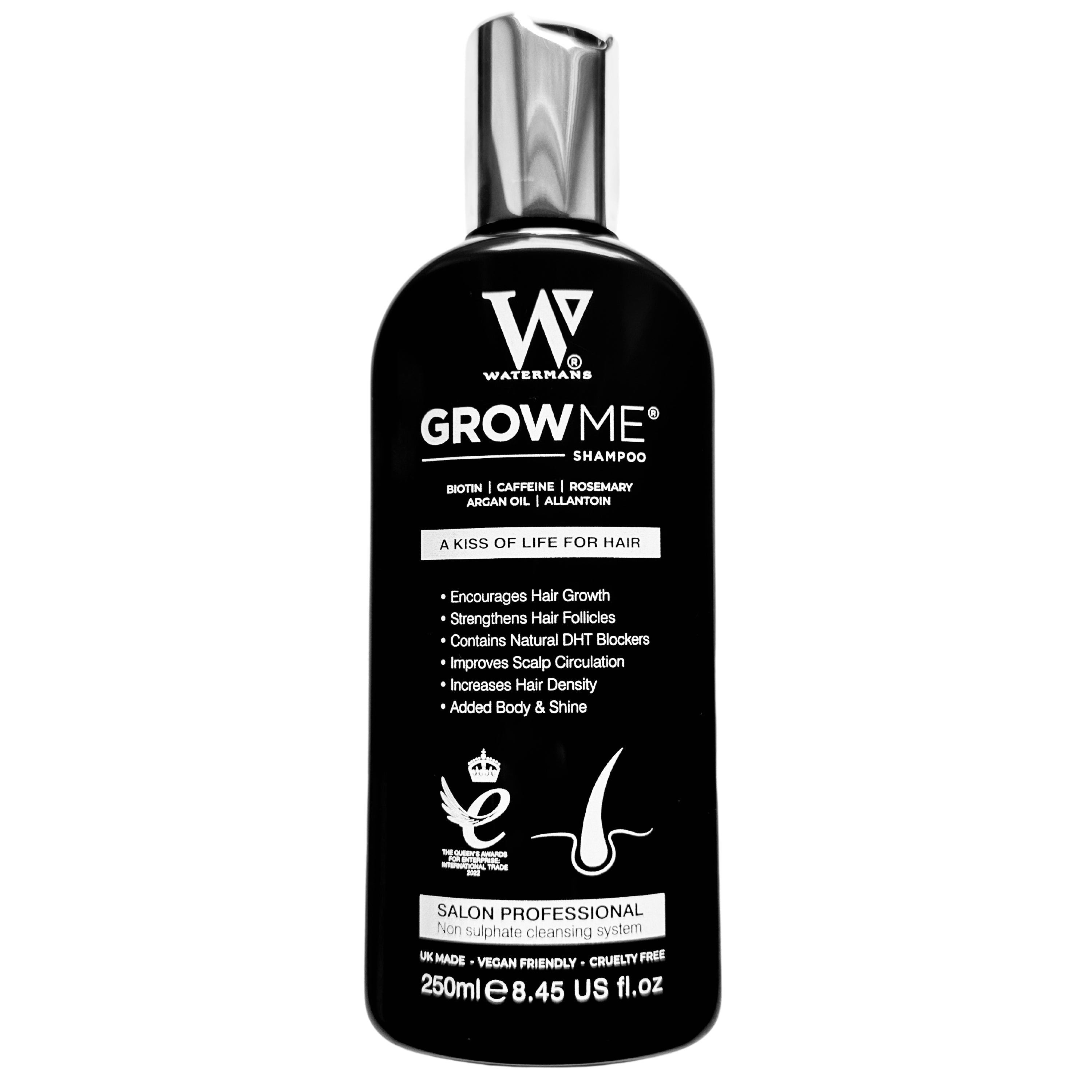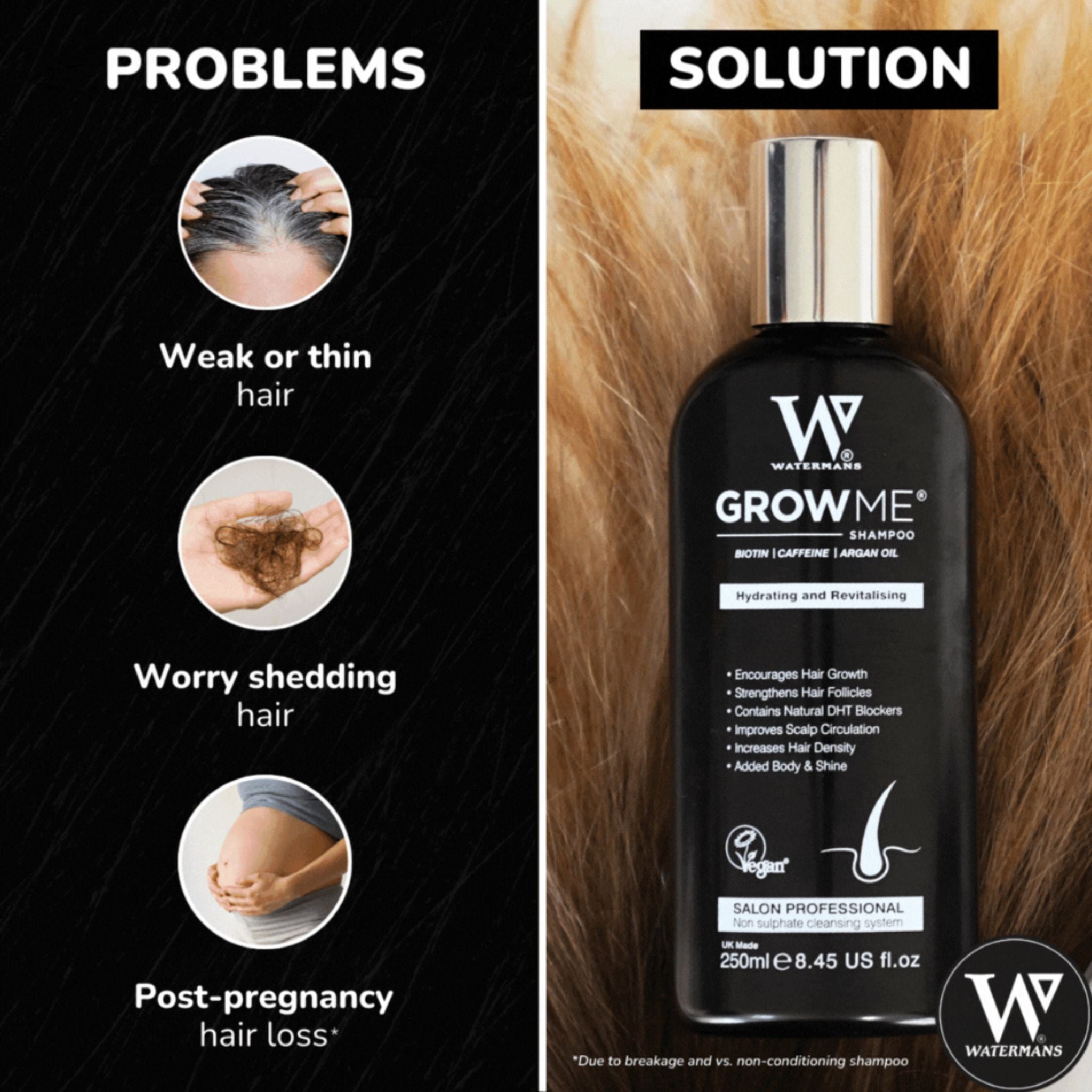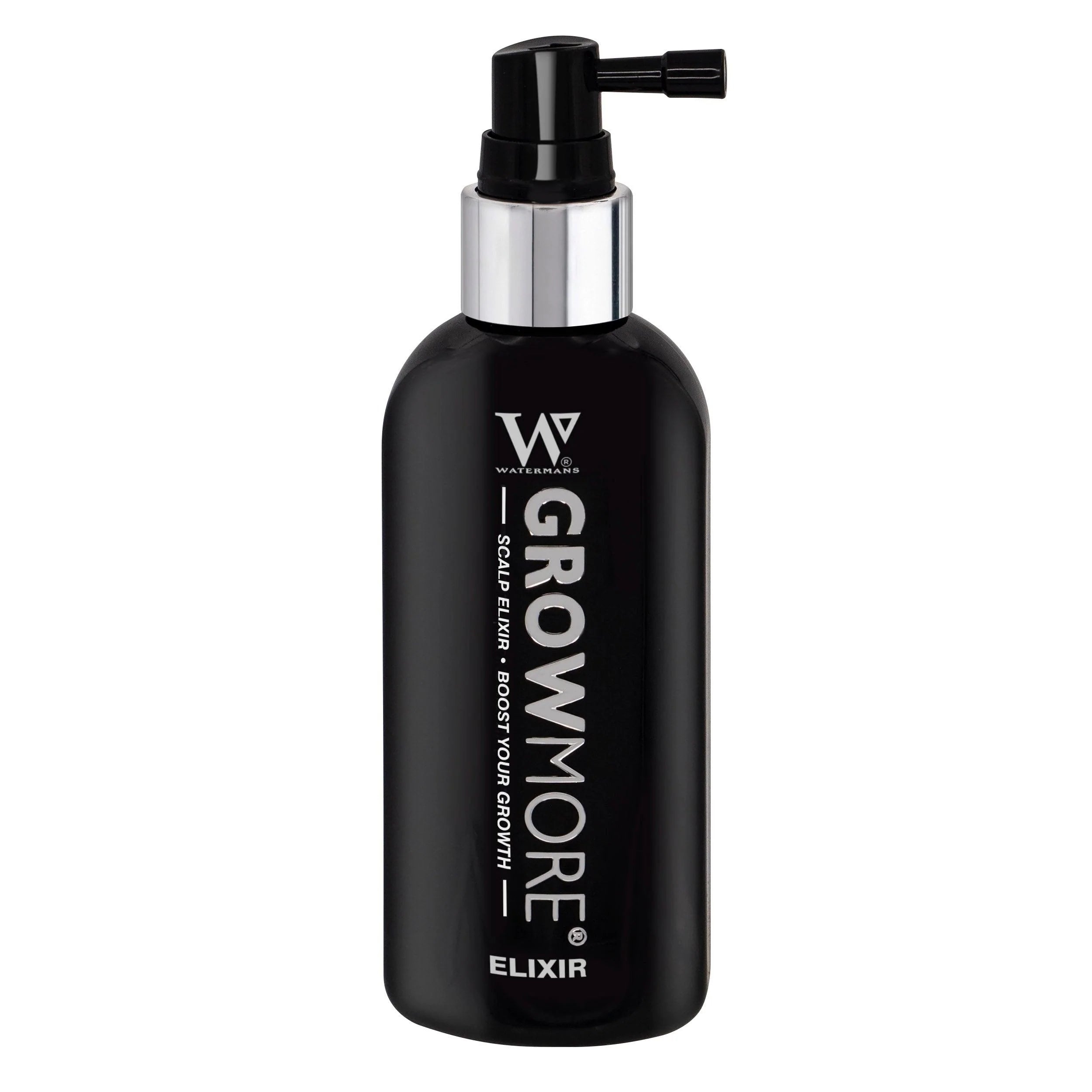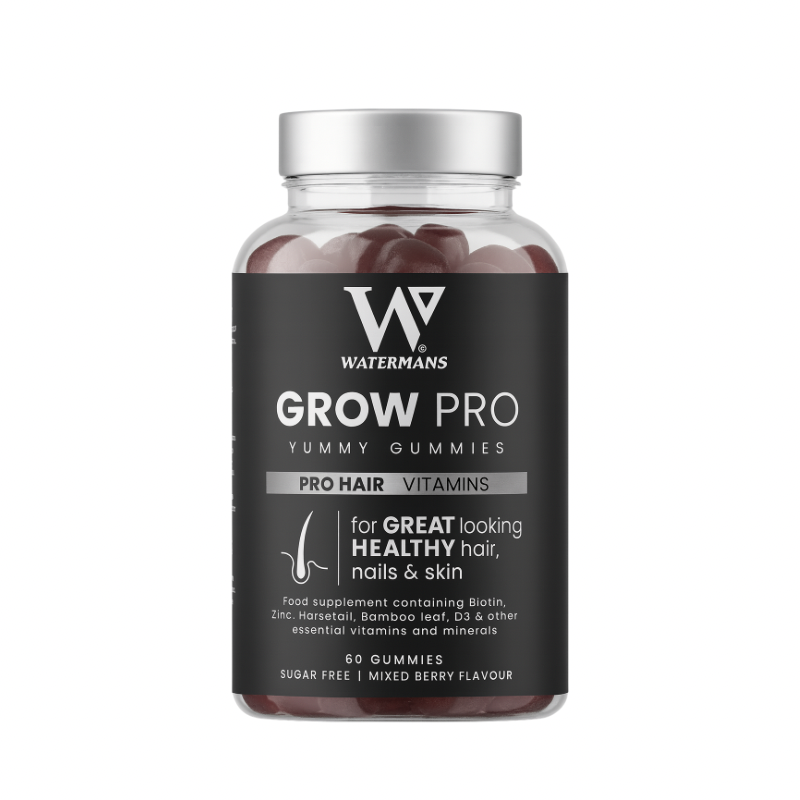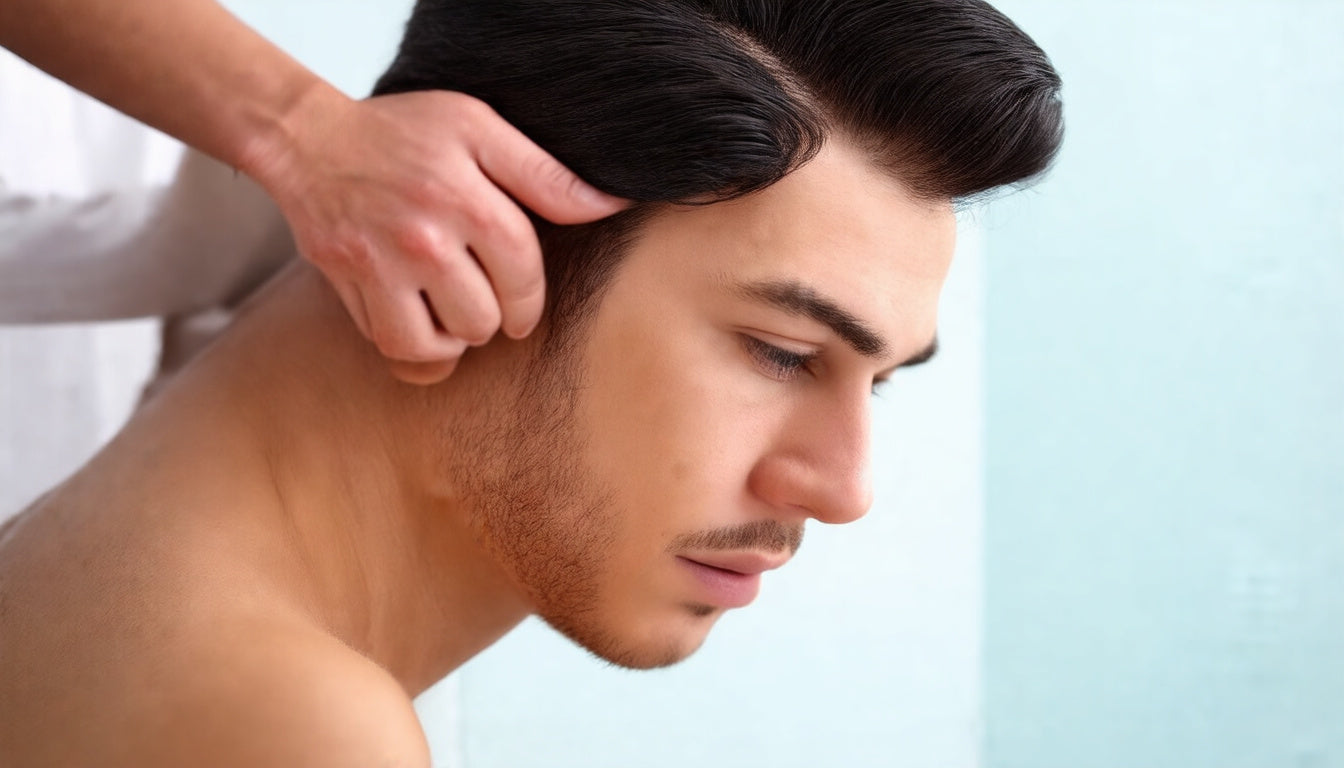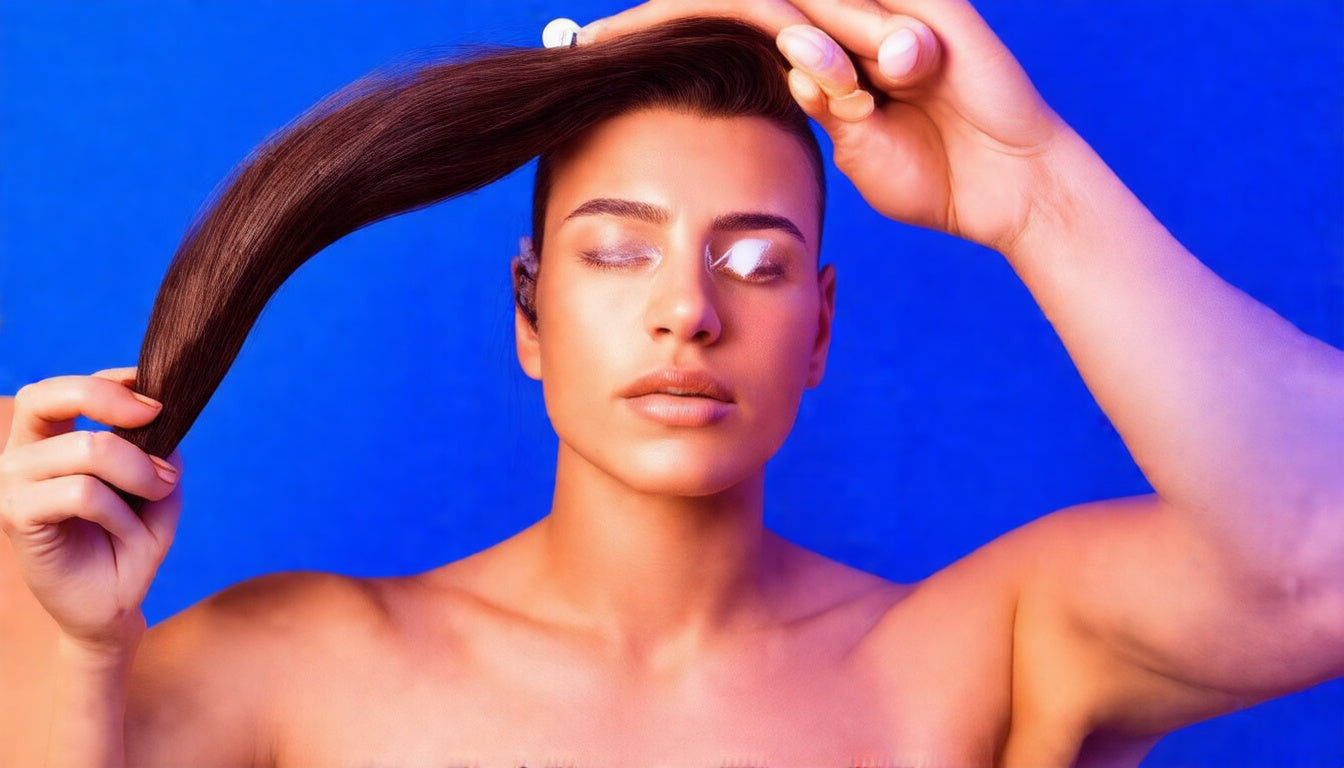
Transgender HRT Scalp Health: Essential Tips for Optimal Care
For many transgender people on hormone therapy, scalp care matters for overall health. Hormone changes affect hair and skin. This guide shows how hormone therapy shifts scalp health and how you care for it during your transition.
In this guide, we cover scalp care for transgender hormone therapy. We list common issues with hair and scalp changes and share tips for care. Whether you are new to hormone therapy or have been on it for years, this article gives clear insights to keep your scalp healthy.
Understanding Transgender Hormone Therapy Scalp Health
Hormone therapy for transgender individuals uses estrogen with anti-androgens for transgender women or testosterone for transgender men. These hormones change the scalp. They affect hair density, hair texture, and natural oils on the skin.
How Hormone Therapy Changes the Scalp
-
For Transgender Women (MtF):
Estrogen slows hair loss by reducing the male hormone effects on the scalp. This shift helps in the slower thinning of hair and brings steadier scalp conditions. -
For Transgender Men (FtM):
Testosterone may quicken hair loss in those with a gene link to thin hair. It also makes the scalp oilier and changes hair texture. The care here is set on lessening thinning.
Both paths show how needed it is to care for the scalp during hormone therapy.
Common Hair and Scalp Issues in Hormone Therapy
Many on hormone therapy see different changes in scalp health. Here are common issues:
- Dry skin or flaky patches – Hormones can shift oil levels, which makes the scalp dry or cause dandruff.
- More hair shedding – Early stages of hormone therapy may cause extra shedding tied to hormone change.
- Thinning hair or patterned hair loss – This is common in transgender men with testosterone or in transgender women who still face hormone sensitivity.
- Sensitive or hurt scalp – Changes in skin pH and oil can bring itching or mild inflammation.
Knowing these points can guide you in caring for your scalp.
Simple Tips for Transgender Hormone Therapy Scalp Care
Taking care of your scalp while on hormone therapy means using careful routines and the right products. Here are some ideas:
1. Pick Soft, Nourishing Hair Products
Choose a shampoo that cleans without harsh chemicals. Try the Watermans Grow Me Shampoo. It has biotin, rosemary, caffeine, niacinamide, argan oil, allantoin, and lupin protein. These parts help the scalp move blood, flush buildup, and give hair body. Find details about this shampoo here.
2. Keep a Steady Scalp Routine
• Wash your hair often but not too much to save natural oils.
• Use lukewarm water. Hot water may hurt the scalp.
• Gently massage to spark blood flow and clear buildup.
3. Feed Your Diet Well
A diet rich in vitamins A, C, D, and E, and minerals like zinc and iron, keeps scalp health strong. Eat greens, nuts, seeds, and fish for essential oils and antioxidants.
4. Calm Your Stress
Stress may worsen hair loss and scalp issues. Try stress busting methods like meditation, yoga, or talking with someone to keep hormone balance steady.
5. Guard Your Scalp from the Sun and Pollution
The scalp can suffer from sun and air harm. Use hats and a scalp-friendly sunscreen to block UV rays and pollutants.
6. Chat with Your Healthcare Provider
Before you try any new pills or topicals like biotin or others, talk with your doctor to check if they fit your needs.
Why Watermans Grow Me Shampoo Works Well for This Scalp Care
This shampoo is a top choice among natural solutions to help hair grow and maintain scalp health. Its mix of ingredients works together. They wake up the hair roots, boost blood flow, and add thickness. For many on hormone therapy who want a natural care step, Watermans Grow Me Shampoo works as a first try.
• Biotin helps build keratin for strong hair.
• Rosemary wakes up blood flow under the skin.
• Caffeine stokes the hair roots.
• Niacinamide guards the scalp skin and adds moisture.
• Argan oil soaks in to deeply keep hair soft.
• Allantoin calms and shields a sensitive scalp.
• Lupin protein makes hair more robust.
See all details of the Watermans Hair Survival Kit here. Its parts work together to improve scalp care.
How Hormone Levels Shape Scalp Health
Estrogen and testosterone guide the work of hair roots. For transgender women, estrogen makes hair grow for longer times and lowers hair roots’ response to male hormones that shorten hair. In transgender men, testosterone may shorten hair growth phases and make the scalp more oily. This oil increase may lead to more hair thinning in those with a family tie to it. Seeing these links helps you set a care routine for your scalp.
A Step-by-Step Scalp Care Routine for Hormone Therapy
Here is a routine to care for the scalp during hormone therapy:
-
Daily: Gently Massage Your Scalp
Help blood move to your hair roots and clear buildup. -
2-3 Times a Week: Use Watermans Grow Me Shampoo
This helps clean, feed, and energize your scalp. -
Condition Your Hair (if needed)
Focus on the hair ends to keep oils from building on the scalp. -
Weekly: Try a Deep Scalp Mask
Use a hydrating mask with natural oils or aloe to calm irritation. -
While Outside: Shield Your Scalp
Wear a hat and use scalp sunscreen to block the sun. -
Keep Track of Changes
Write notes or use photos to see progress. If you see too much shedding or irritation, talk with your healthcare provider.
FAQ: Transgender Hormone Therapy Scalp Health
Q1: How does hormone therapy change the scalp?
A1: Hormone therapy shifts hormone levels that affect hair roots and oil production. This may change how dry the scalp is, how thick hair feels, and how often you shed hair.
Q2: What shampoo works best for scalp care on hormone therapy?
A2: A natural shampoo like Watermans Grow Me Shampoo is a good pick. It wakes up blood flow and helps hair stay strong without harsh chemicals.
Q3: Can hormone therapy cause hair loss?
A3: Yes. The type of hormone and your genes both play a role. Transgender men may see thinning related to testosterone, while transgender women may notice steadier hair growth with estrogen.
Supporting Your Hormone Therapy Journey with Scalp Care
Caring for your scalp on hormone therapy is a part of your transition. Seeing how hormones shift your scalp health helps you build a care plan that works for you. With a steady routine and the right product choices, you can grow thicker hair and reduce dryness or irritation.

If you need a natural step for hair care during hormone therapy, try the Watermans Grow Me Shampoo. Its mix of natural parts meets the needs of sensitive scalps in change.
For a full care set, check out the Watermans Hair Survival Kit. Its products work side by side to help your scalp and hair.
Keep your scalp care simple, steady, and smart while you work on your transition. Stay informed and take care of your hair each day.
According to skin experts, massaging the scalp and proper nutrients help hair grow and keep the scalp sound (source: American Academy of Dermatology Association).




